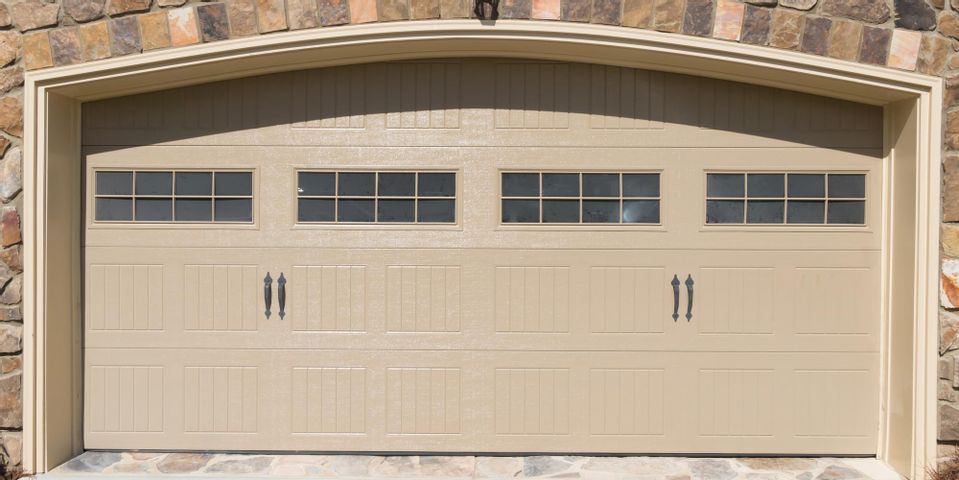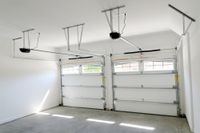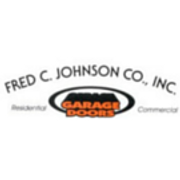
Your garage door serves a variety of useful purposes; it improves curb appeal and heightens your home security. While you might not give much thought to how your door operates, it’s important to understand the role that springs play. They provide the energy that allows you to lift and close your door, despite its heavy weight. Below is an overview of the two main types of garage door springs and how they function.
Torsion Springs vs. Extension Springs
 Extension spring systems are older, but more common among residential doors due to their cost-effectiveness. Mounted on both sides of the door, they operate using tracks with cables and pulleys. When the door is closed, the springs stretch to apply force, and then retract when the door is opened. In contrast, torsion spring systems utilize tight springs that turn to apply torque. This system can support a higher weight load than extension springs, which is why it’s used in heavy residential doors and commercial doors. It’s also less prone to wear and tear.
Extension spring systems are older, but more common among residential doors due to their cost-effectiveness. Mounted on both sides of the door, they operate using tracks with cables and pulleys. When the door is closed, the springs stretch to apply force, and then retract when the door is opened. In contrast, torsion spring systems utilize tight springs that turn to apply torque. This system can support a higher weight load than extension springs, which is why it’s used in heavy residential doors and commercial doors. It’s also less prone to wear and tear.
Why Hire a Professional for Repair
If your garage feels heavier than usual or you’re having trouble opening or closing it all the way, your springs might need to be repaired or replaced. This job should never be handled by a homeowner due to the dangers of working with a heavy garage door. Garage door technicians have the experience and equipment to determine the cause of the problem and make the necessary repairs without risking injury.
If your garage door springs have been displaying warning signs, turn to the experts at Fred C. Johnson Co., for repair. Since 1964, this locally owned and operated company has offered comprehensive garage door installation and repair services to residents throughout Jessup, MD, and surrounding areas. Their technicians are known for their exceptional customer service and quality craftsmanship. Give them a call today at (410) 792-2126 to schedule an appointment or visit their website for more information about their full list of services.
About the Business
(81 reviews)
Have a question? Ask the experts!
Send your question

